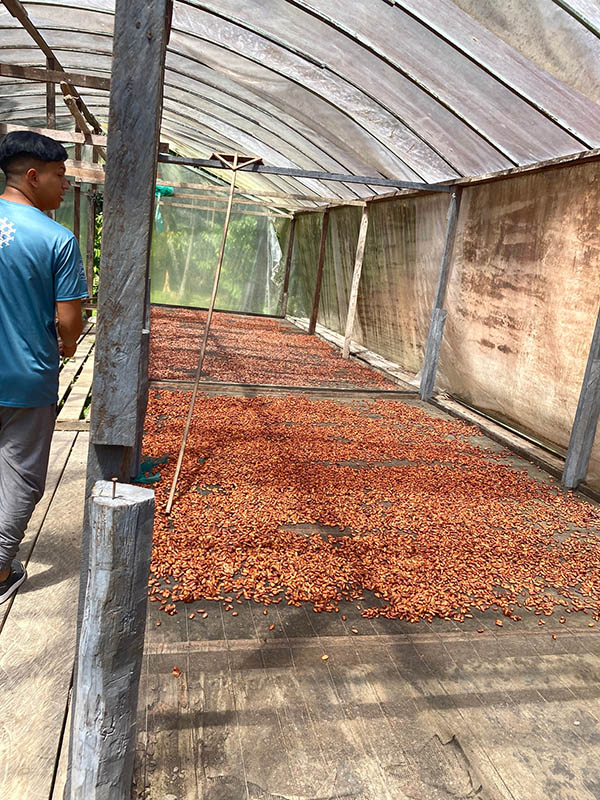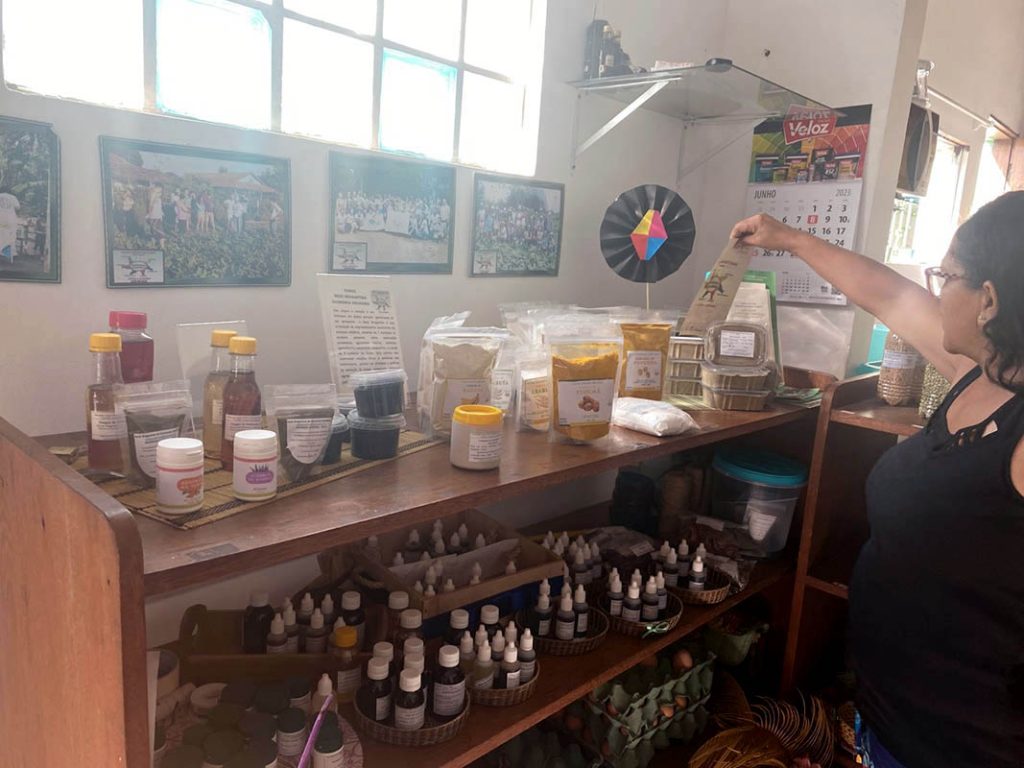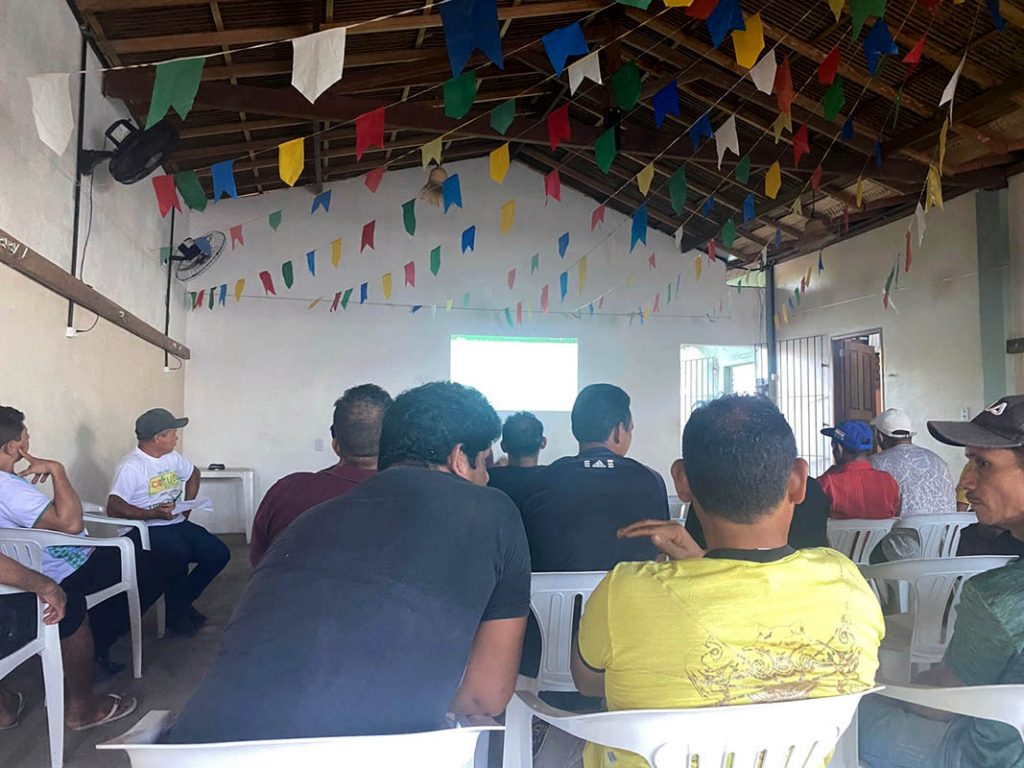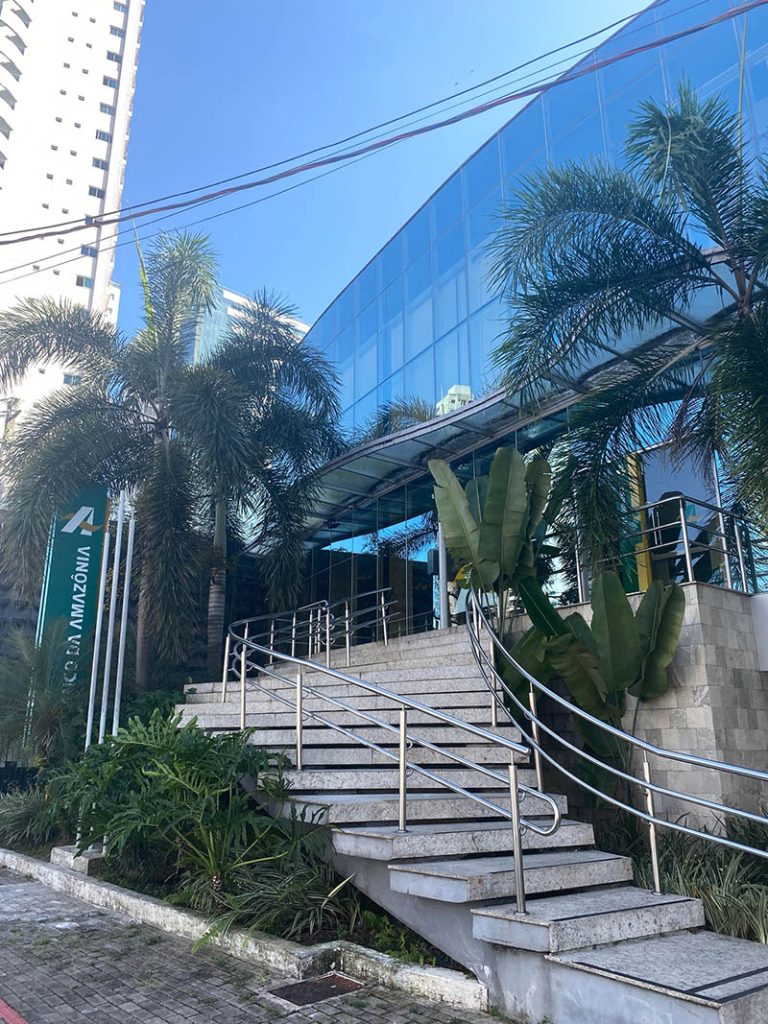Elena Bell 2023 Field Report
Impacting International Development: blocks and potential leverage points to achieving positive ecological and social impact through private finance in Pará, Brazil.

Abstract: Examine flows of power, institutional challenges, and leverage points to implementing privately financed impact in Pará via interviews and literature review. Research questions: What are challenges to achieving positive social and environmental impact on agriculture impact investments in Pará, Brazil? What insights do these challenges provide to better understand limitations to using private capital to solve development challenges in the region more broadly, specifically global north investments made in Latin American agricultural assets?
Via foot, boat, car, bus and motorcycle, this summer thanks to CLAG, I conducted 32 stakeholder interviews in in Pará, Brazil. As part of my graduate thesis, I wanted to qualitatively characterize and better understand challenges to achieving positive social and environmental impact via impact investing funds that invest in agricultural assets. With institutions like the World Bank and the UN quickly moving towards leveraging large scale private capital to solve public environmental and social challenges, there is still a dearth of understanding the potential negative impacts and maladaptive solutions that leveraging private capital for development entails. My research focuses on understanding the impact of finance-driven economic development projects from a natural resource management and social equity perspective.

My goal this summer was to understand 1) what the challenges and leverage points to achieving positive social and environmental impact on agriculture impact investments in Pará, Brazil are, and 2) what insights these challenges provide to better understand limitations to using private capital to solve development challenges in the region more broadly, specifically global north investments made in Latin American agricultural assets.
I interviewed 32 stakeholders involved in impact investing in Pará including farmers, fund managers, investors, NGO leaders, academics, cooperative members, and more. I came away with a clear sense of what the challenges and leverage points each stakeholder faces are, as well as a clear sense of each stakeholders’ perception of their role and the other stakeholders’ roles are. Three main takeaways are: 1) confidentiality and need to guarantee future investments (i.e. second rounds of funds from investors) make this area a challenging one for qualitative researchers, particularly in relation to fund managers and farmers. Deep relationships are needed to gain information and anonymity is needed to share findings. 2) The perceptions that stakeholders have of each other are very different than self-perceptions; the same goes for challenges, many challenges that one group faces, the other groups are unaware of. 3) Impact investing in Brazil is more advanced than the rest of Latin America; many funds are serving as models for funds in neighboring countries so this research is important as it will inform similar models across the region.

Due to the sensitivity of sharing out information from these interviews, this fall as part of my thesis I will 1) finish reviewing interviews to finalize findings, 2) conduct follow up expert interviews to corroborate findings and 3) finalize an extensive literature review to corroborate both 1 and 2. This summer’s interviews were foundational to this continued research. I am deeply grateful to CLAG for funding that made this work possible.
Please see the full report here.



















